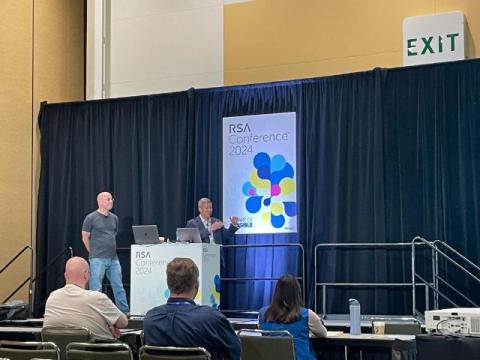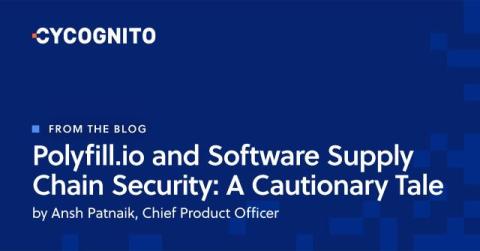A stepping stone towards holistic application risk and compliance management of the Digital Operational Resiliency Act (DORA)
In today's increasingly digital world, where businesses rely heavily on technology for core operations, the European Union's Digital Operational Resilience Act (DORA) establishes a comprehensive framework to manage Information and Communication Technology (ICT) related risks and ensure business continuity for financial institutions and critical service providers.











